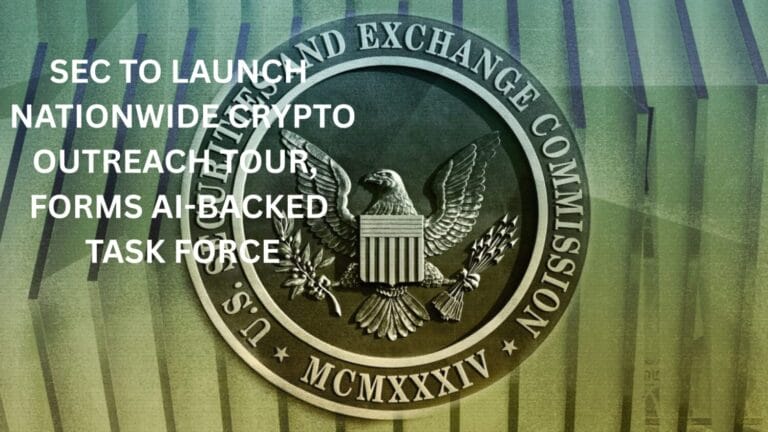Key Takeaways
- FIU claims that PMLs have criminal links and enable individuals to launder money.
- FIU has identified 4 types of illegal or unregulated crypto exchanges being misused by criminals: node exchange providers, hawala exchange providers, asset exchange providers, and platform exchange providers
Sweden’s Financial Intelligence Unit (FIU) and the Swedish Police Authority have designated several cryptocurrency exchanges as “professional money launderers” (PMLs) after an in-depth investigation into unlicensed and illegal operators.
According to the FIU, these professional money launderers are deeply connected to criminal organizations, helping them move large sums of money internationally through crypto wallets, often without oversight. “There is a growing demand for PML services within organized crime, and the role they play is crucial to sustaining the criminal economy,” the report states.
The FIU has identified four types of illegal or unregulated crypto exchanges being misused by criminals: node exchange providers, hawala exchange providers, asset exchange providers, and platform exchange providers. These exchanges, particularly those lacking regulatory approval, are alleged to be part of a broader network enabling underground financial activities.
“Crypto exchange providers functioning as PMLs serve a wide range of criminal clients,” the report noted. “The widespread use of cryptocurrency in the criminal world suggests that these services are essential to organized crime, enabling the financing of violent and serious illegal activities.”
While unlicensed exchanges are under scrutiny, Swedish authorities acknowledged the role of regulated platforms in combating money laundering. Licensed exchanges have been urged to remain vigilant for suspicious activities in their users’ trading patterns and act quickly when potential money laundering is detected, either by freezing accounts or discontinuing services.
The report calls for stronger law enforcement involvement on crypto platforms to crack down on illegal operations. It emphasized that illicit crypto providers are becoming an emerging threat within money laundering schemes, playing a critical role in helping criminal networks expand their operations.
Sweden is part of the European Union, which recently adopted the Markets in Crypto-Assets (MiCA) regulations, aimed at controlling the crypto sector more effectively. Swedish authorities have recommended that platforms following MiCA’s guidelines monitor unusual trading behaviours closely to mitigate the risk of money laundering.
In addition to targeting illegal exchanges, Sweden’s authorities have turned their attention to the nation’s cryptocurrency mining industry. Between 2020 and 2023, the Swedish Tax Agency audited 21 crypto-mining firms, discovering that 18 of them had submitted “incomplete or misleading” tax information to avoid paying value-added tax (VAT). This resulted in a $90 million tax bill. However, two firms successfully appealed the demand in court, leading to adjustments in the final tax liabilities.
Earlier this year, Sweden’s central bank governor said they wants as little bitcoin (BTC) as possible in the country’s financial system.
In 2022, Sweden led European Union regulators seeking a ban on crypto mining because of the energy consumption it takes. Last year, the Scandinavian country abolished tax incentives for data centers. The tax hike was proposed by the Swedish Ministry of Finance, which was also pushing for a ban on crypto mining in the EU in 2022.
Sweden began researching an e-krona in 2020. The Swedish Central Bank-Riksbank promised to continue CBDC research, in case legislation is passed to introduce one.










